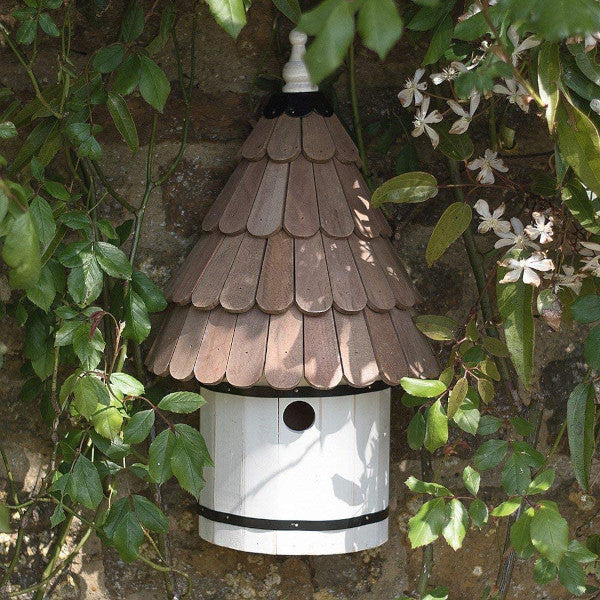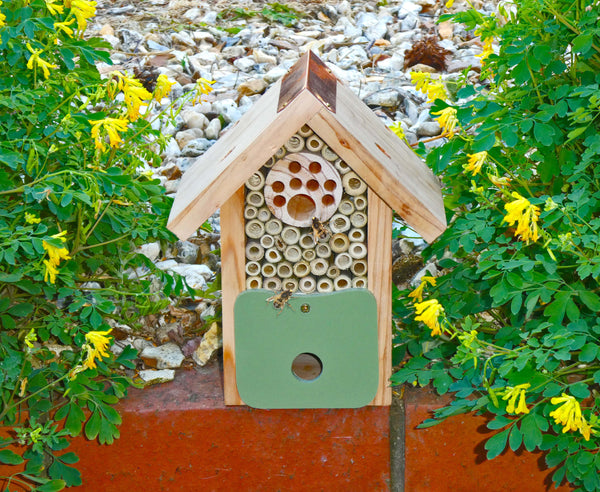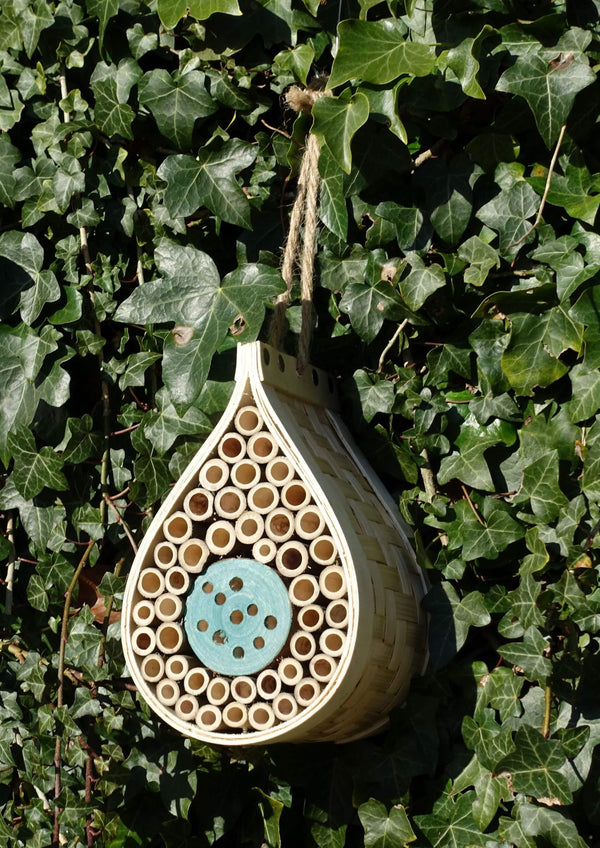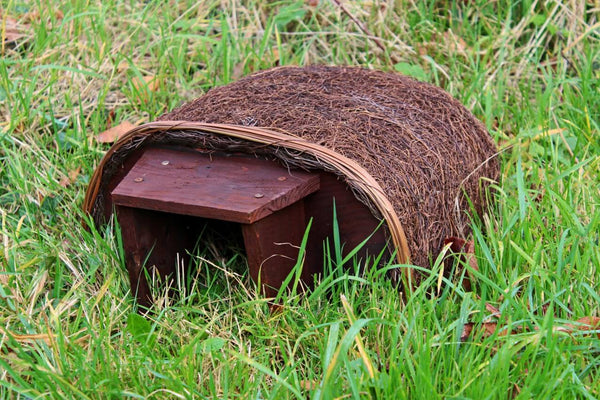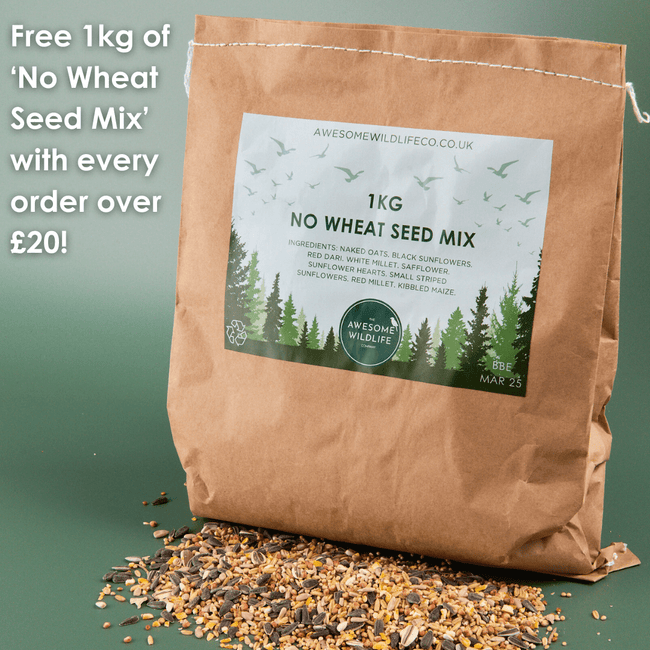Making an Impact: 10 Actions to Safeguard UK Wildlife and Their Habitats
The United Kingdom is blessed with a rich diversity of wildlife and habitats, ranging from majestic red deer wandering the Scottish Highlands to charismatic puffins nesting along the rugged coastlines. However, the pressures of habitat loss, climate change, pollution, and other human activities pose significant threats to the survival of many UK species. In this blog post, we will delve into ten impactful actions you can take to support and safeguard UK wildlife and their precious habitats.
Create a Wildlife-Friendly Garden:
Transforming your garden into a sanctuary for wildlife is a tangible and rewarding way to make a difference. Plant native flowers, shrubs, and trees to provide food and habitat for a variety of species. Choose a mix of plants that flower at different times to ensure a constant supply of nectar for pollinators like bees and butterflies. Consider installing bird feeders, bird baths, and nesting boxes to attract and support a diverse range of bird species. Create sheltered areas with log piles, rockeries, or dense vegetation to offer hiding places for small mammals, amphibians, and insects. By cultivating a wildlife-friendly garden, you contribute to a larger network of interconnected habitats.
Join Conservation Organisations:
Supporting local and national conservation organisations is a powerful way to have a broader impact on UK wildlife. Consider becoming a member of organisations such as the Royal Society for the Protection of Birds (RSPB), the Wildlife Trustshttps://www.wildlifetrusts.org/, or the National Trust. These organisations work tirelessly to protect and restore habitats, conduct research, and advocate for wildlife-friendly policies. Volunteering your time and skills for hands-on conservation activities or participating in citizen science projects can also make a tangible difference.
Reduce Chemical Use:
Pesticides, herbicides, and chemical fertilisers can have detrimental effects on wildlife, especially beneficial insects like bees and butterflies. Embrace organic and natural gardening practices by reducing the use of harmful chemicals in your garden. Explore alternative pest control methods such as companion planting, using organic pest repellents, or introducing natural predators like ladybugs and lacewings to combat garden pests. By minimising chemical use, you create a safer and healthier environment for wildlife.
Support Sustainable Farming:
Your choices as a consumer can contribute to the preservation of wildlife habitats. Opt for locally produced organic food whenever possible. By supporting sustainable farming practices, you help reduce the use of harmful pesticides and promote wildlife-friendly land management. Additionally, consider joining community-supported agriculture (CSA) programs or visiting farmers' markets to support local farmers who prioritise wildlife conservation.

Minimise Plastic Use:
Plastic pollution poses a significant threat to UK wildlife, from marine species ingesting or becoming entangled in plastic waste to land animals encountering discarded plastic in their habitats. Reduce your plastic consumption by opting for reusable items like water bottles, shopping bags, and food containers. Avoid single-use plastics whenever possible and choose eco-friendly alternatives such as biodegradable or compostable materials. Properly dispose of or recycle plastic waste to prevent it from entering ecosystems and harming wildlife.
Be Mindful of Wildlife During Outdoor Activities:
Whether you're hiking through nature reserves, camping in the wilderness, or enjoying the coastline, it's crucial to be mindful of wildlife and their habitats. Stick to designated trails and paths to avoid trampling delicate vegetation or disturbing nesting sites. Keep a safe distance from wildlife, never feed them, and observe their behaviour without causing unnecessary stress. If you encounter marine animals like seals or dolphins, maintain a respectful distance to avoid interfering with their natural behaviours.
Report Wildlife Sightings:
Participating in citizen science projects and reporting wildlife sightings can provide valuable data for researchers and conservationists. Various organisations and apps allow you to contribute sightings, helping in monitoring wildlife populations, tracking species distribution, and understanding migration patterns. Platforms such as iNaturalist, BirdTrack, and MammalWeb facilitate easy reporting and data collection. By sharing your observations, you become a valuable contributor to ongoing conservation efforts, aiding in better-informed decision-making and the development of effective conservation strategies.

Support Wildlife-Friendly Policies:
Stay informed about wildlife-related policies and actively support initiatives that prioritise the protection of UK wildlife and their habitats. Engage with local representatives, sign petitions, and join advocacy campaigns led by conservation organisations. By voicing your concerns and supporting wildlife-friendly policies, you play a vital role in shaping the legislative framework necessary for effective conservation action.
Reduce Your Carbon Footprint:
Climate change poses a significant threat to wildlife globally, including in the UK. Reduce your carbon footprint by adopting eco-friendly practices in your daily life. Conserve energy by turning off lights and appliances when not in use, insulate your home, and use energy-efficient technologies. Opt for public transportation, carpooling, or cycling instead of relying solely on private vehicles. Support renewable energy sources and consider installing solar panels or investing in green energy providers. By taking these steps, you contribute to mitigating climate change, which is crucial for preserving wildlife habitats and ensuring the survival of vulnerable species.

Educate and Inspire Others:
Share your knowledge and passion for wildlife conservation with others. Whether through social media, community events, or educational programs, raise awareness about the importance of safeguarding UK wildlife and their habitats. Organise or participate in local cleanup efforts, nature walks, or wildlife conservation workshops. Encourage friends, family, and your community to take action and support conservation initiatives. By inspiring others, you multiply the impact of your own efforts and create a collective commitment towards a sustainable future for UK wildlife.
Safeguarding the rich biodiversity of UK wildlife and their habitats requires concerted efforts from individuals like you. By implementing these ten actions in your daily life, you can make a significant and lasting impact on preserving and protecting the natural heritage of the United Kingdom. Remember that even small steps taken by individuals can create a ripple effect, ultimately leading to a brighter future for UK wildlife.
Together, let us work towards a world where wildlife thrives, habitats flourish, and generations to come can enjoy the beauty and wonders of our natural world.



